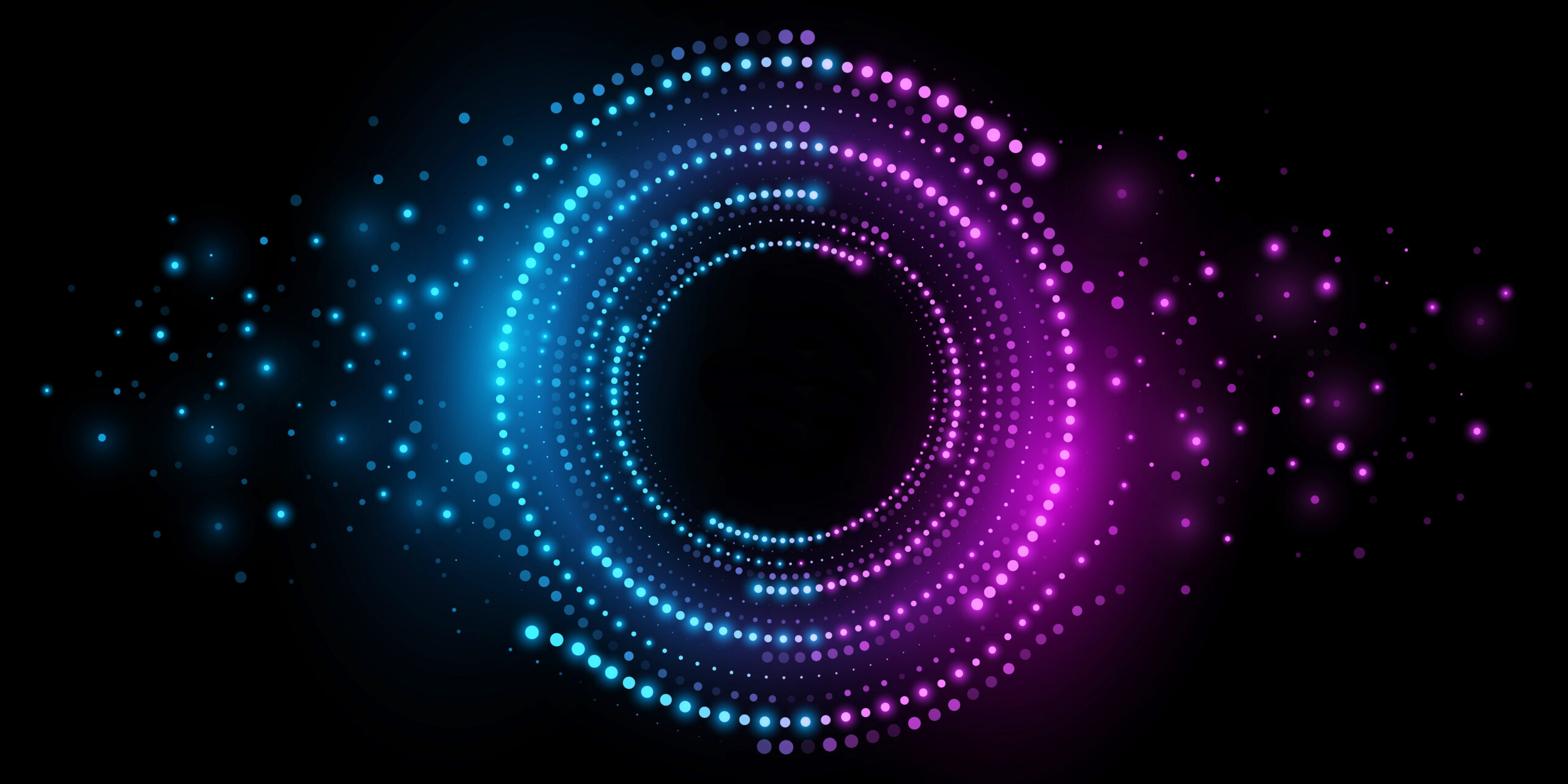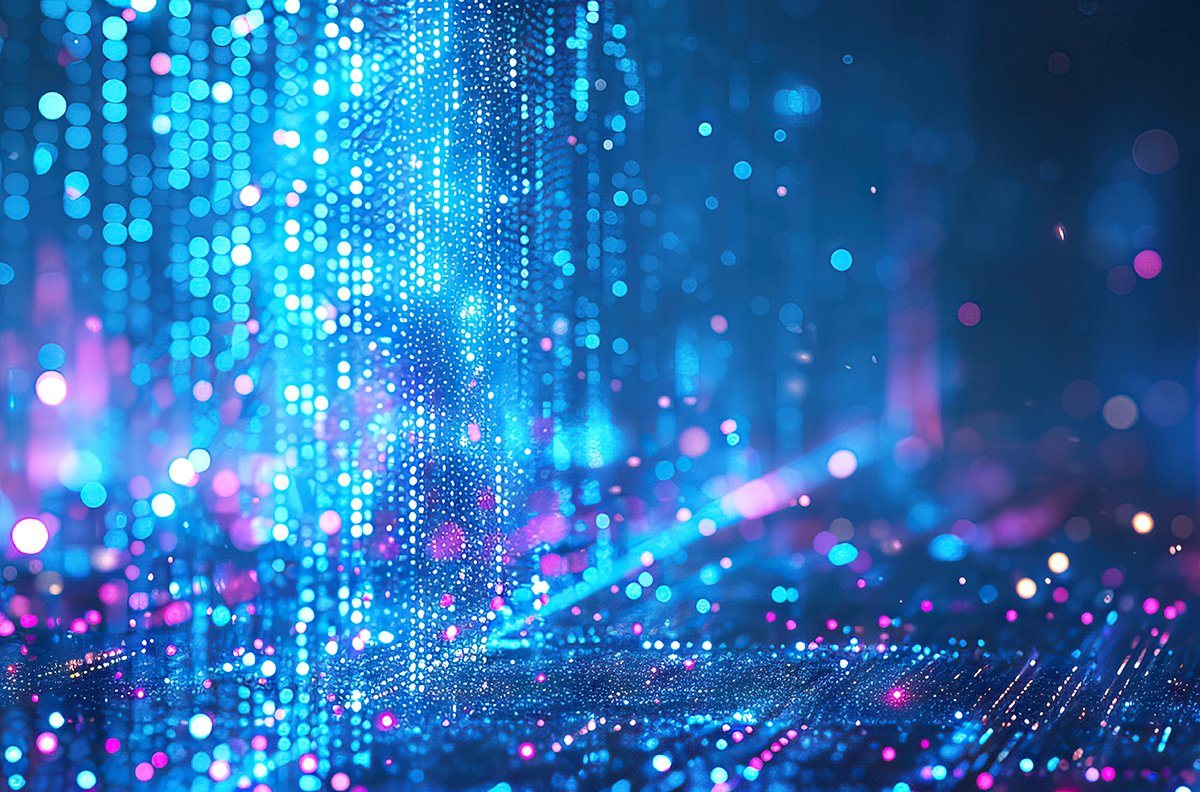Fighting eDiscovery Burnout with AI
By Tony Reichenberger
A recent white paperi, published in partnership with the EDRM, considered and described the level of burnout specific to the eDiscovery community. The very first lines of the paper are stark; “The eDiscovery community is experiencing a mental health crisis…indeed, mental health in the legal industry as a whole is problematic.” For many eDiscovery practitioners, we know this, feel it every day and experience it as a regular part of our lives.
A number of the sources to much of the strain are also documented:
-
That eDiscovery is a highly technical, specialized field with multiple stakeholders that regularly compound stress and complexity.
-
Mistakes are easy to make in eDiscovery, with profound and serious consequences. The negative feedback is compounded by the multiple layers of attorneys above eDiscovery ground level work.
-
There are high levels of unreasonable expectations and sometimes arbitrary deadlines.
-
It’s often viewed as an unglamorous task, subject to derision and hopelessness.
eDiscovery is often depicted as having a boiler room ethos and the paper expands on that. It requires long hours, precise focus, high level of organization and strong mental endurance. It usually pays substantially less than other jobs in the legal sphere and often upward mobility is closed off to those within eDiscovery. The fact that eDiscovery costs are often the largest portion of litigation, and the area most clients want to cut out the most, only amplifies the pressures on eDiscovery practitioners.
However, one line particularly caught my eye. “Consumers of eDiscovery services expect computer like artificial intelligence level output when—in reality—the work of eDiscovery professionals is very human.”ii This may be currently true but does not have to be a future source of strain. Give the consumers what they want; AI level quality output through the use of AI; AI review can meet or exceed the expectations legal clients can anticipate. It can do a consistent, thorough, and accurate job, without the fatigue, stress, and anguish many reviewers experience.
We’ve already previously documented the cost analysis of human v. AI review here (https://ediscoveryai.com/cost-analysis-human-review-v-ai-review-how-do-they-compare/) where we show that a rate close to minimum wage was already more expensive than an AI review. You also receive the results within very little time at all, as opposed to weeks or months later depending on the size of the review. But within the mental health study, the people who make the biggest case for transitioning to AI are the review attorneys themselves, who complain about the work, become physically exhausted, and disdain the working conditions. Here is a sample of the criticisms:
-
The work can be “mind numbing.”
-
Working until your “eyes bleed” for little pay.
-
Document review providers are referred to as “nasty sweatshops.”
-
Technology to improve work product only puts an emphasis on “human error” increasing reviewer stress (as opposed to its actual goal of getting a better work product).
-
Remote surveillance to ensure reviewers do their jobs results in attorneys feeling “dehumanized.”
Document review work is indeed exhausting. There are, without a doubt, physical limitations to the work. The longer one does it in a day, or a week, the more likely errors occur. As the paper makes clear, they’re only human. It’s repetitive, it’s boring, and nobody is jumping up and down to do document review if other options are available. These are the typical kinds of jobs that inevitably get automated; they can be done by machines better, more consistently and without issue. There is less overhead required, less curveballs to the project due to unforeseen vacations or sick days, and AI doesn’t complain, especially about burnout. AI document review has proven itself to be more accurate and better, and not bound by the limitations human reviewers have.
Back to that quote, “Consumers of eDiscovery services expect computer like artificial intelligence level output when—in reality—the work of eDiscovery professionals is very human.” Why not provide for those consumers what they expect? If they want artificial intelligence level output, give it to them. We can provide that for you and them.
Contact eDiscovery AI today to schedule a demonstration or find out how AI review can work for you.




